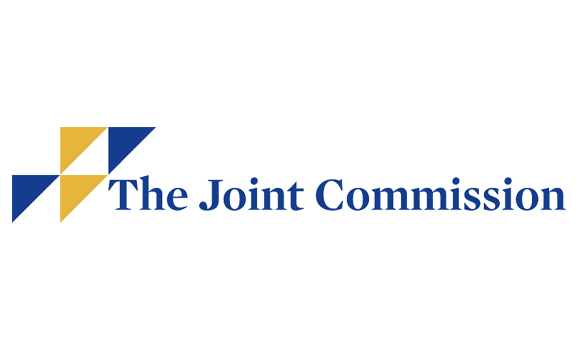Study: Bariatric surgery improves kidney transplant eligibility for patients with obesity

Editor's Note Laparoscopic sleeve gastrectomy improves eligibility for kidney transplants in patients with obesity as well as advanced chronic kidney disease, according to a Mayo Clinic study. According to a May 2 report on the results, the surgical weight-loss procedure also reduces the risk of cardiovascular conditions, such as diabetes…
Study: GLP weight loss, diabetes therapies boost GI endoscopy pneumonia risk

Editor's Note Gastrointestinal endoscopy could increase the risk of aspirational pneumonia in patients using GLP-1 receptor agonists (RAs) to manage weight or treat diabetes, according to an April 1 report from MedPage today. Citing research published in the journal Gastroenterology by a team led by Kevin Sheng-Kai Ma, DDS, of…
Report illuminates how AI transforms hospitals, healthcare

Editor's Note A paper published March 29 in the journal Bioengineering examines the growing integration of artificial intelligence (AI) into hospital and healthcare systems and the way in which it is augmenting clinical decision-making, optimizing hospital operation and management, improving medical image analysis, and transforming patient care and monitoring through…
Study: Bariatric surgery benefits glycemic control in Type 2 diabetes patients

Editor's Note Bariatric surgery is more effective than lifestyle and medical interventions in glycemic control for Type 2 diabetes patients, according to findings published February 27 in JAMA. The clinical trial involved four health systems and 262 participants, 96 of whom received medical- and lifestyle-focused treatment and 166 of whom…
New Joint Commission requirements for total hip, knee replacements focus on opioids, diabetes

Editor's Note The Joint Commission has released revised requirements for the advanced disease-specific care certification for total hip and total knee replacement (THKR). The requirements, which are designed to align with the updated AAOS clinical practice guidelines, go into effect July 1, 2024 and focus largely on addressing opioids and…
Chronic conditions spike nationwide
Editor's Note Eight chronic conditions—arthritis, depression, diabetes, asthma, cancer, cardiovascular diseases (CVDs), chronic obstructive pulmonary disease (COPD), and chronic kidney disease (CKD)—continue to expand nationwide along with premature deaths from drugs, firearms, and more, according America’s Health Rankings 2023 Annual Report. Presented by the United Health Foundation in partnership with…
Stem cell subset shows promise for preventing amputation
Editor's Note Researchers have discovered a new way to prompt blood vessel growth and prevent amputations in diseases such as diabetes and peripheral arterial disease. Findings were published December 19 in Cell Reports Medicine. The study consisted of an in-depth examination of two patients involved in a clinical trial who…
Study: Routine ER screening catches undiagnosed type 2 diabetes, prediabetes
Editor's Note Early symptoms of type 2 diabetes often go undetected, and late detection can lead to long-term complications, including heart disease, nerve damage, and retinopathy. Screening for type 2 diabetes in the emergency department could reveal thousands of previously undiagnosed cases each year, EurekAlert! October 3 reports. These findings…
Leapfrog Group recognizing hospitals that excel in diabetes care
Editor's Note The nonprofit Leapfrog Group has joined forces with the American Diabetes Association (ADA) to recognize hospitals providing exceptional care for patients with diabetes, Chief Healthcare Executive September 12 reports. Earning the designation will be based on how well hospitals meet ADA’s standards of care, in addition to their…

 Free Daily News
Free Daily News